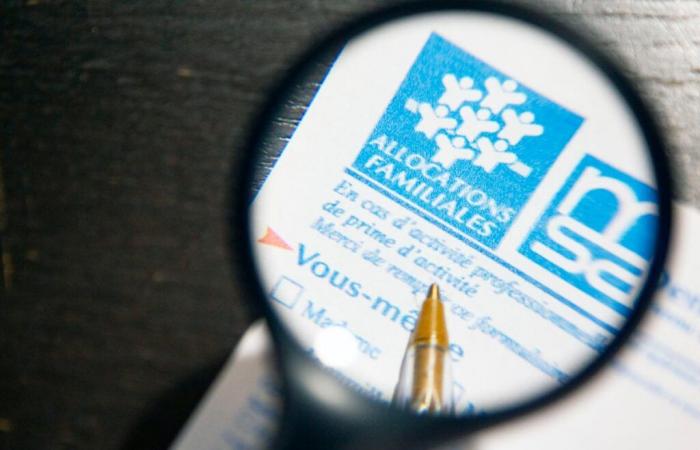The observation goes against the political discourse on the supposed assistantship. Secours catholique notes an increase in non-recourse to active solidarity income (RSA), in the latest edition of its report devoted to the “State of poverty in France”, published on November 4 (download here).
Among the “households met” by the association, the rate of “non-recourse” at this social minimum (€635.71 for a single person, excluding housing package of €76.29), has jumped 10 points in thirteen years, from 26% in 2010 to 36% in 2023, according to the document titled “Benefits social: when solidarity fades away”. All households eligible for RSA and not receiving it “live below the extreme poverty line, compared to 81% of recipients”.
The increase in non-recourse is indicative of “distance from public services, in particular from social protection organizations” and arises from “the digitalization of procedures”estimates Thursday with Thanks for the info Daniel Verger, head of the department of dignified access to income, work and social benefits at Secours catholique.
Non-recourse mainly concerns people who, applying for RSA, do not obtain the benefit to which they are entitled. According to our interlocutor, many people “find themselves alone in front of their computer or smartphone and struggle to fill out online forms”. Those who are isolated and have recently suffered a life accident, such as job loss, separation or illness, do not know how to summarize it in their file. If some people manage to finalize an application, they are refused the benefit to which they are entitled due to a missing document.
Between the administration and eligible people, there are emerging “a mutual incomprehension and distrust resulting from the distancing caused by digitalization”. Such a phenomenon weighs on the feeling of “be part of a community”. Help in completing procedures relies more and more “on families, social workers and associations”.
In a survey published on April 12 last year, the Department of Research, Studies, Evaluation and Statistics (Drees) estimated the rate of non-use of RSA at 34% on average (document to download here). One in five eligible households does not have the social minimum “permanently for three consecutive quarters”specified this central administration of health and social ministries.
Can solidarity at source increase the use of RSA? Daniel Verger recalls the success of the other side of this reform, the withholding of income tax, which came into force on January 1, 2019. But he emphasizes that solidarity at source can increase the risk of error . For our interlocutor, the implementation of solidarity at the source must be associated with “human support” to welcome the public, help fill out forms and check that files are complete.
The application of this reform began on July 1, 2023 with the obligation for private sector employers to enter in pay slips the net social amount corresponding to your salary. Since October 1, in five departments, an experiment has begun to simplify the quarterly declaration of resources subscribed by recipients of the RSA and the activity bonus.






